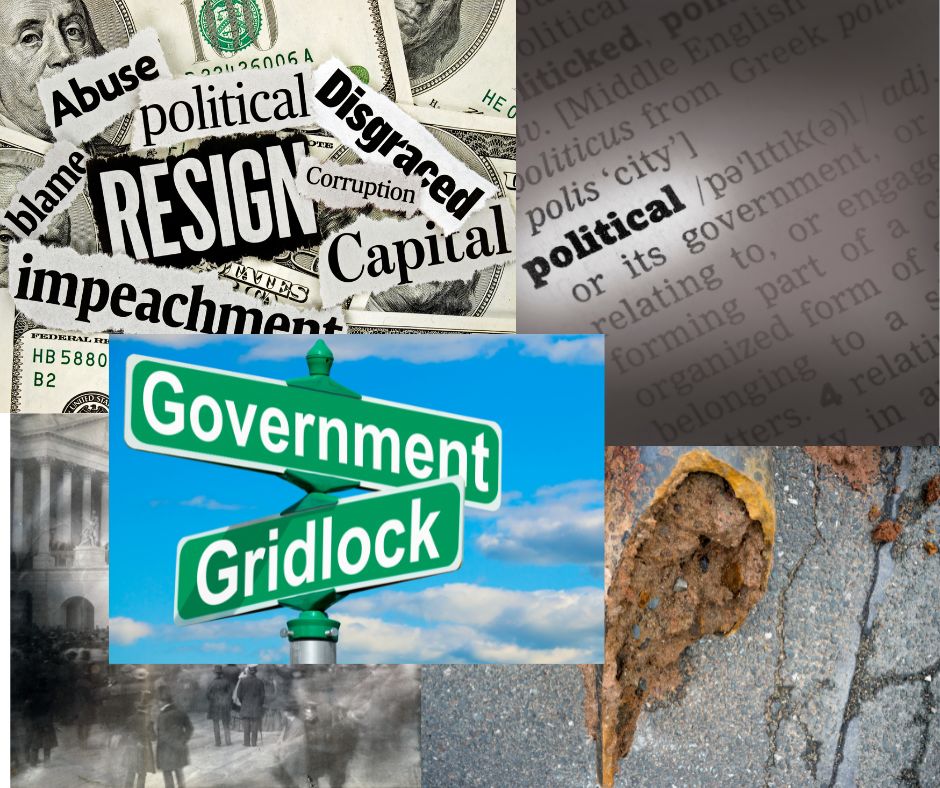
Source: AUN News
Despite the relative peace in recent years, tensions have been building since long-awaited elections could not be held in December and incumbent Prime Minister Abdul Hamid Dbeibah refused to resign.
A rival named Prime Minister by the eastern parliament, Fathi Bashagha, has been trying to enter Tripoli.
Ms. DiCarlo expressed her grave concern about the mounting threat to security in and around Tripoli, as well as possibly to all Libyans, posed by the prolonged impasse and ongoing delays in carrying out the electoral process.
“Violent conflict theatre”
She informed the ambassadors that the threat “matured just a few days ago, when Tripoli was once more the scene of violent battles between armed groups supporting Mr. Dbeibah and Mr. Bashaga, respectively.
According to the Libyan authorities, the violence began on August 27 and resulted in at least 42 fatalities, including four civilians, and close to 160 injuries. According to reports, fifty families were relocated, and damage was done to two migrant detention facilities as well as five health facilities.
While the fighting stopped the next day, it is unclear how long the present quiet will remain.
“Given the deterioration of the political and security environment in Tripoli,” she added, “the United Nations must continue to offer and improve good offices and mediation to assist Libyan actors in resolving the protracted deadlock and seeking a consensual pathway to elections.”
I implore everyone to help the Secretary-General in his efforts to assist the Libyan people in finding a road to peace.
The UN believes that elections are the best option to end the current impasse, so Ms. DiCarlo was equally concerned about the scant political advancement towards those polls.
No development
No progress has been achieved in reaching agreement on a constitutional framework for the elections, she stated, despite our ongoing efforts. “Agreement on a constitutional framework and schedule for elections that will allow the Libyan people to choose their leaders is essential.”
The UN political affairs director did draw attention to certain encouraging developments, like as the 5+5 Joint Military Commission’s (JMC) continuous efforts to safeguard and improve the implementation of the ceasefire agreement.
Five military representatives from each side are present at the JMC.
She noted that on August 27, the eastern JMC delegation called their western colleagues to reassure them that the Libyan National Army would not be taking part in the combat.
The JMC also met with UNSMIL, the UN Mission in the nation, earlier this month to improve the readiness of the Libyan Ceasefire Monitoring Mechanism.
They also completed the details for the removal of foreign troops, fighters, and mercenaries from the area.
Again oil flowing
Regarding the state of the economy, Ms. DiCarlo stated that after a nearly three-month shutdown, oil production started up again in July. By the end of that month, production had risen to pre-shutdown levels of 1.2 million barrels per day, with plans for additional expansion.
She was concerned that the lack of basic utilities and unfavourable living conditions in the south would cause public unrest to escalate and cause oil fields to once more close.
All Libyans are entitled to the country’s natural resources, and profits from oil exports should be allocated properly and equitably, according to her.
Campaigns of defamation and hate speech
The nation’s human rights condition is still a worry at the moment.
Armed organisations linked to the Libyan National Army, one of the opposing governments, surrounded the village of Qasr Bouhadi last week. These “military actors” still manage movement there despite having since left.
Ms. DiCarlo demanded that population restrictions be immediately abolished and expressed concern that things would get worse.
She also detailed other wrongdoings, such as those committed against persons expressing their right to free speech, immigrants and refugees, and female activists.
“Smear campaigns containing hate speech and incitements to violence targeting civil society actors, particularly women, are profoundly troubling and must halt,” she said.
Analysis by: Advocacy Unified Network
